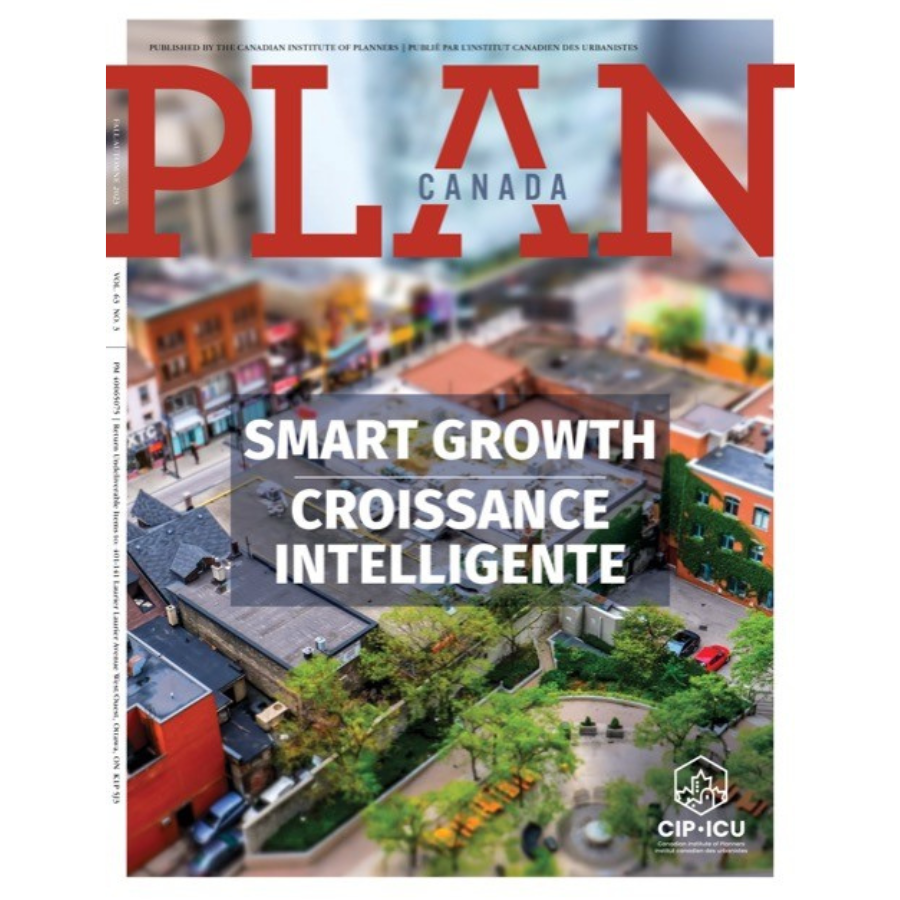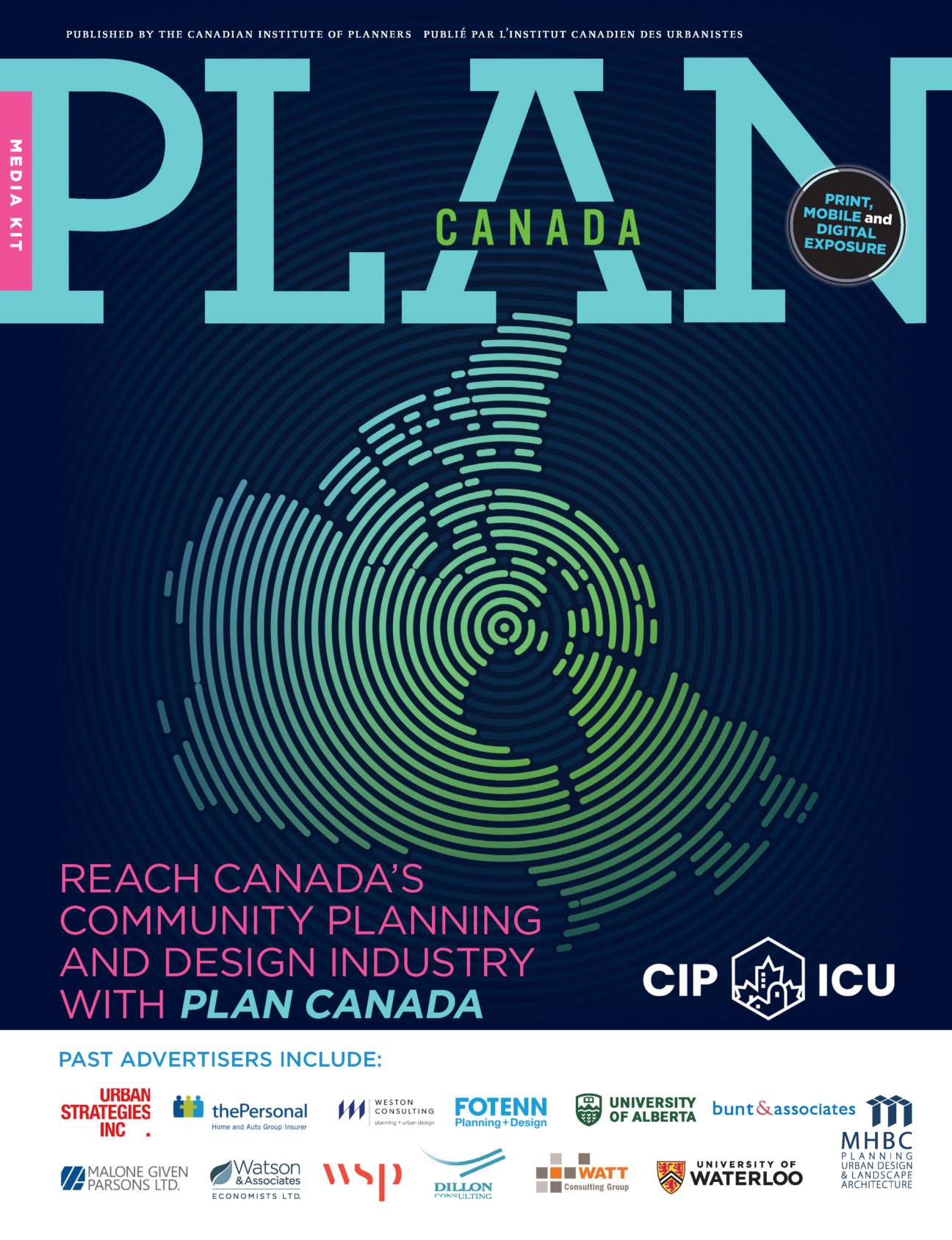Plan Canada
For Planners, By Planners
Plan Canada is Canada’s national planning magazine, published quarterly by CIP with the editorial leadership provided by the Plan Canada Editorial Committee.
The magazine is our top-rated member service, valued for its high-quality, timely, relevant, and engaging planning-related content. It is available in an online, accessible format, as well as in hard copy, to all CIP members and magazine subscribers.

Contribute Your Expertise
We invite submissions of short papers and research reviews, notes on practice, and book or film reviews. We favour articles with a strong policy framework and context, containing clear methodologies pertaining to studies and research, and providing critical reflection or lessons for planning practice.
2026 Themes And Deadlines
Please note that submissions on planning-related topics are always welcome, regardless of the theme.
Submission Requirements
Letters to the Editor
We invite readers of the magazine to comment on themes, recent articles, or identify topics that merit inclusion in future issues. Submit your feedback and suggestions here:

Editorial Committee
The Plan Canada Editorial Committee is responsible for encouraging high-quality, timely, relevant, and engaging planning-related content for Plan Canada magazine.
Subscribe to Plan Canada
Plan Canada wouldn’t be possible without our dedicated readership. When you subscribe, you’ll get access to thought-provoking articles reflecting the latest issues that affect planners and their communities across the country. We welcome all non-planners to join us as Public Subscribers.

Within Canada
$85.00
+ applicable taxes

Outside Canada
$115.00
Note: If you have a CIP membership, you’ll already have a free subscription as part of your member benefits.
Advertise With Us
Our passionate readership and stellar reputation as the go-to magazine for planning-related topics and themes help us reach key players in this multi-million dollar market at strategic times throughout the year.




